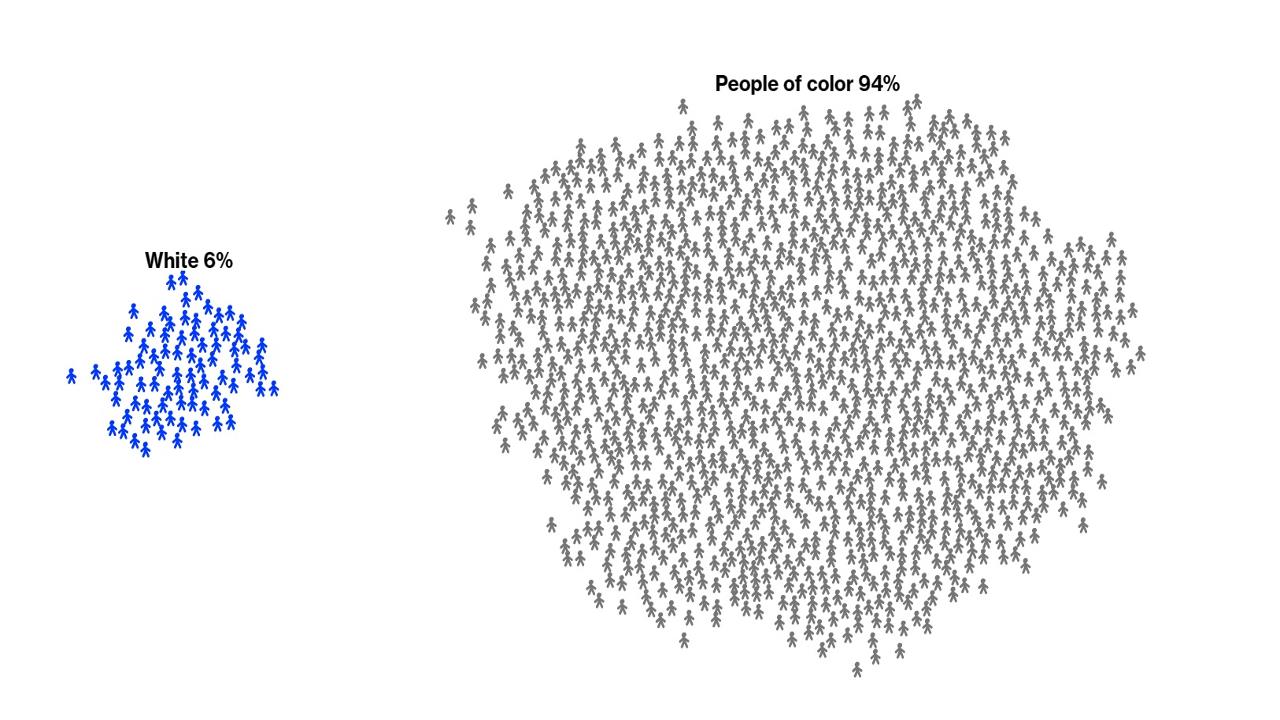Video:
Take our online poll:
AI Analysis:
Affirmative action policies have been subject to criticism, and there are several disadvantages associated with them. It's important to note that opinions on affirmative action can vary, and some people may view these as disadvantages, while others see them as necessary measures to address historical inequalities. Here are some common disadvantages:
1) Reverse Discrimination: Critics argue that affirmative action can lead to reverse discrimination, where individuals from historically advantaged groups may be unfairly disadvantaged in the admission or hiring process.
2) Stigmatization: Some individuals who benefit from affirmative action may experience stigmatization, as they may face skepticism about their qualifications or abilities, which can negatively affect their self-esteem and confidence.
3) Merit-Based Concerns: Critics argue that affirmative action can undermine the principle of meritocracy, as it may prioritize factors such as race or gender over qualifications and achievements.
4) Tokenism: In some cases, affirmative action can result in tokenism, where individuals from underrepresented groups are hired or admitted merely to meet quotas, rather than based on their qualifications and skills.
5) Perceived Unfairness: Perceptions of unfairness can lead to tension and resentment among those who believe they were unfairly disadvantaged due to affirmative action policies.
6) Mismatch Theory: Some critics suggest that affirmative action may lead to a mismatch between students and institutions, as students admitted under lower standards may struggle to keep up with the curriculum, which can lead to high dropout rates.
7) Diversity of Experience: Affirmative action sometimes focuses on visible characteristics, like race or gender, while overlooking other forms of diversity, such as socioeconomic or cultural backgrounds, which can be equally important for a well-rounded educational or work environment.
8) Legal Challenges: Affirmative action policies can face legal challenges, leading to uncertainty and ongoing litigation. These legal battles can be costly and time-consuming.
9) Inadequate Addressing of Root Causes: Some argue that affirmative action policies may not address the root causes of disparities in education and employment, such as inadequate K-12 education or systemic socioeconomic inequalities.
It's essential to recognize that while there are disadvantages associated with affirmative action, proponents argue that these policies are necessary to redress historical inequalities and promote diversity in education and the workplace. The effectiveness and appropriateness of affirmative action can vary depending on the specific context and the way these policies are implemented. Public opinion on affirmative action is diverse, reflecting the ongoing debate on this complex issue.
Chart:

References:
Bloomberg Racial Hiring Report


Comments